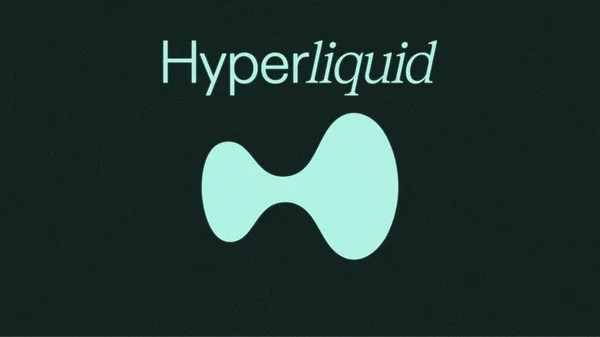Sodium is an essential nutrient necessary for the maintenance of human body functions. However, excess is linked to health problems, including increased blood pressure. In this context, the World Health Organization (WHO) recommends the consumption of less than 5 grams of salt per day, the equivalent of just under a teaspoon.
In addition to being a risk factor for high blood pressure, excessive salt intake may be associated with the development of cognitive disorders. This is what a study conducted by researchers from Japan, published in the scientific journal British Journal of Pharmacology, points out.
“Excessive salt intake is considered a risk factor for hypertension, cognitive dysfunction and dementia. However, studies focusing on the interaction between the peripheral and central nervous systems have not sufficiently investigated this association,” says researcher at the Graduate School of Health Sciences at Fujita Health University Hisayoshi Kubota, author of the study.
According to studies, the excessive addition of phosphates to the “tau” protein is primarily responsible for negative emotional and cognitive consequences. Tau is a key protein in Alzheimer’s disease.
To arrive at the results, the researchers exposed mice to a solution with a high concentration of salt, for 12 weeks. The blood pressure of the animals was monitored.
“The effects of excess salt intake on emotional and cognitive function and on tau phosphorylation were also examined in two main areas of the mouse brain – the prefrontal cortex and the hippocampus”, explains researcher Akihiro Mouri.
They then also studied the involvement of two systems in induced hypertension and neuronal and behavioral impairment. As a result, they identified that the animals’ brains had several biochemical changes.
At the molecular level, in addition to the addition of phosphates to the tau protein, the researchers also observed a decrease in phosphate groups attached to a key enzyme called “CaMKII”, involved in brain signaling.
In addition, changes were identified in levels of a protein that plays a vital role in the organization and function of brain synapses, the connections between brain cells.
According to the study, the biochemical changes were reversed after administration of the antihypertensive drug losartan. According to the researchers, the findings suggest that two systems may be new therapeutic targets for hypertension-induced dementia, called angiotensin II-AT1 and prostaglandin E2-EP1.
“This study is of particular social and economic importance because the annual societal cost of dementia care in Japan is rising like never before. Therefore, developing preventive and therapeutic drugs for dementia seems critical for the rapidly aging Japanese population,” concludes Mouri.
Source: CNN Brasil
I am an experienced journalist and writer with a career in the news industry. My focus is on covering Top News stories for World Stock Market, where I provide comprehensive analysis and commentary on markets around the world. I have expertise in writing both long-form articles and shorter pieces that deliver timely, relevant updates to readers.







